简体中文
繁體中文
English
Pусский
日本語
ภาษาไทย
Tiếng Việt
Bahasa Indonesia
Español
हिन्दी
Filippiiniläinen
Français
Deutsch
Português
Türkçe
한국어
العربية
What WikiFX Found When It Looked Into BingX
Abstract:When selecting a broker, understanding its regulatory standing is an important part of assessing overall reliability. For traders seeking to protect their capital, ensuring that a platform operates under recognised and stringent oversight can make all the difference. Keep reading to learn more about BingX and its licenses.
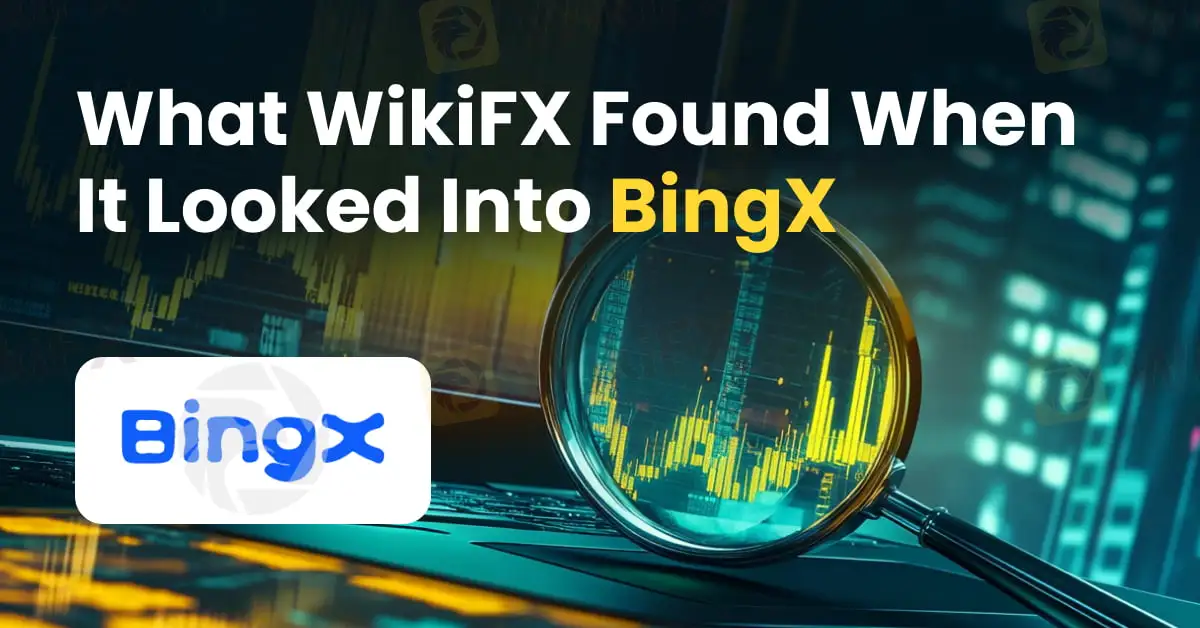
In the world of online trading, the absence of proper regulation is a significant red flag. BingX is a broker that currently holds no valid regulatory license, and user complaints about withdrawal issues add to the concern. Traders should not overlook these warning signs.
According to WikiFX, BingX has not been verified to hold any valid license from recognized regulatory authorities. The absence of regulatory oversight means that the broker is not subject to any formal standards related to customer protection, financial transparency, or operational conduct. This can create serious risks for traders, especially those relying on platforms to manage or hold client funds.
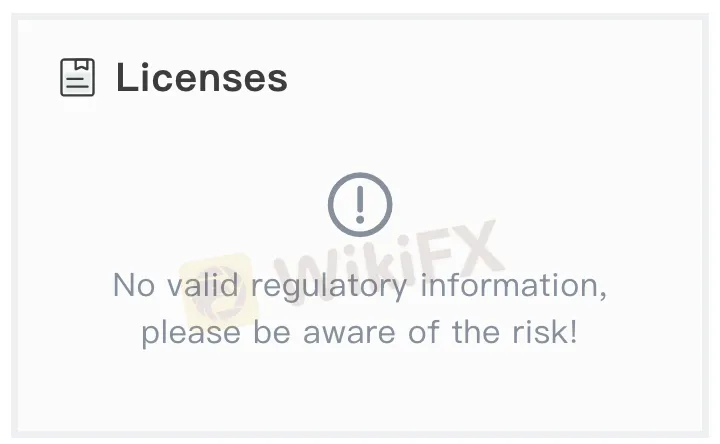
Being regulated typically requires brokers to follow strict rules, including maintaining minimum capital requirements, segregating client funds, and submitting to audits. Without a license, there is no independent body ensuring that these standards are met by BingX.
In addition to the regulatory gap, BingX has also received a number of complaints from users. A recurring issue raised by traders is that withdrawal requests go unprocessed, leaving users without access to their funds. These unresolved issues can create trust concerns and may indicate weaknesses in customer support or internal controls.
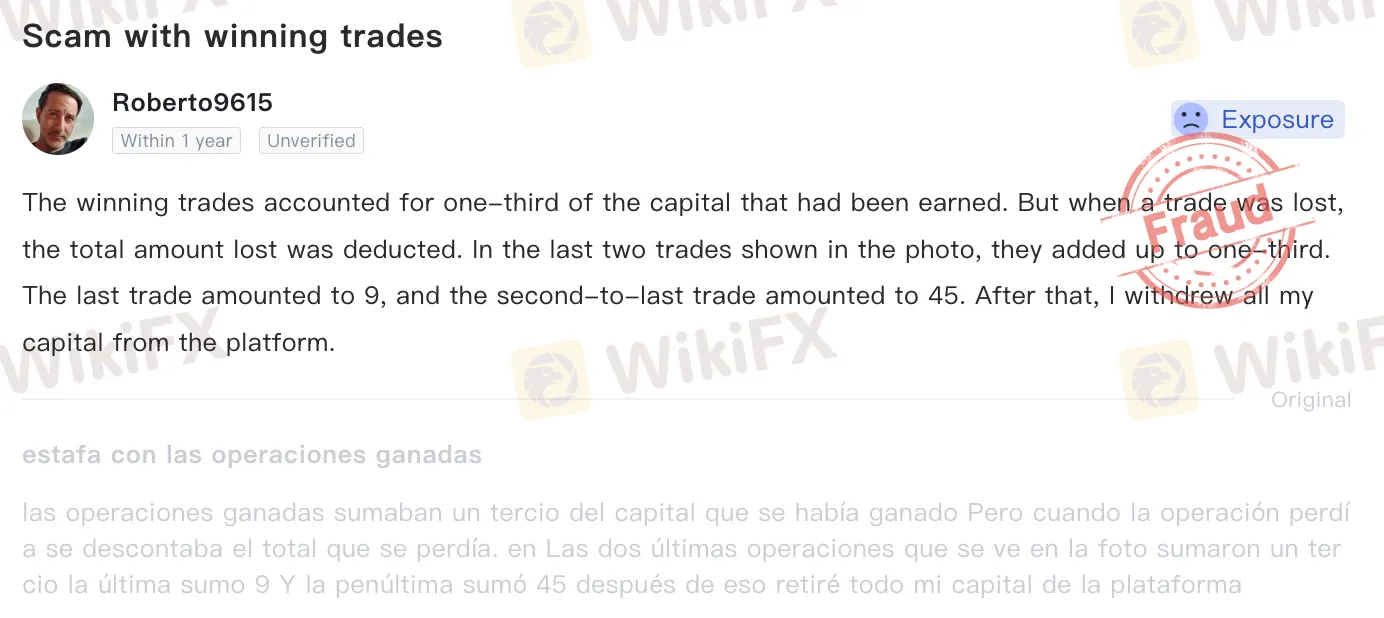
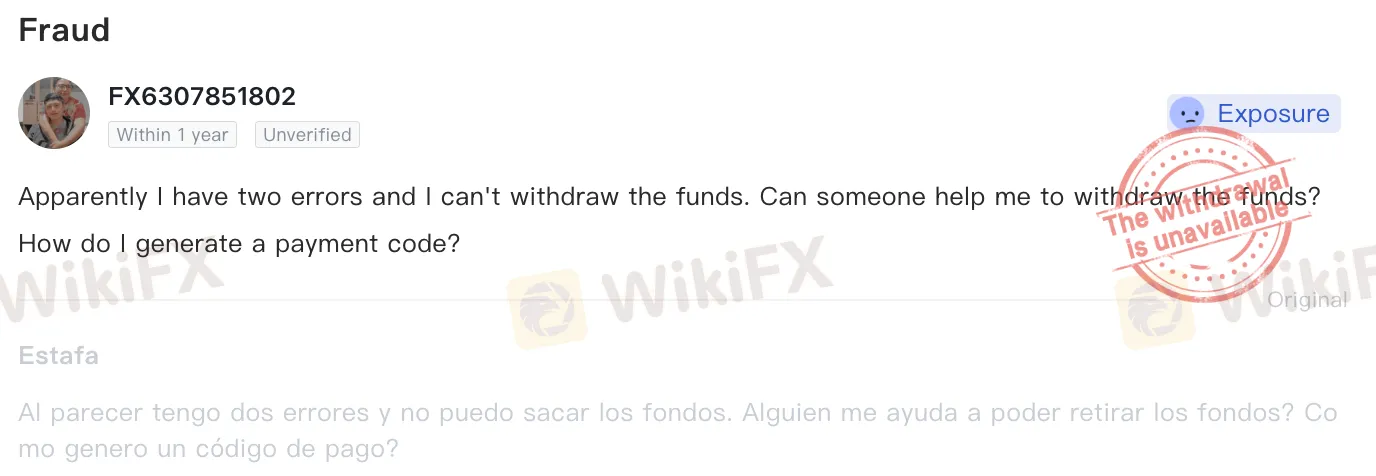

WikiFX, a global broker regulatory query platform, has given BingX a WikiScore of 1.53 out of 10. This score reflects a low rating based on multiple factors, including licensing status, operational transparency, risk management, platform performance, and user feedback. The low score may suggest that traders proceed with caution and consider verifying all details independently before opening an account.

BingX presents several important considerations for traders. The lack of regulation and the existence of unresolved complaints make it essential for potential users to thoroughly research and evaluate the platform. In the absence of formal oversight, traders may have limited recourse in the event of disputes or financial loss. Conducting due diligence and prioritizing safety should always be part of any decision-making process when selecting a trading broker.
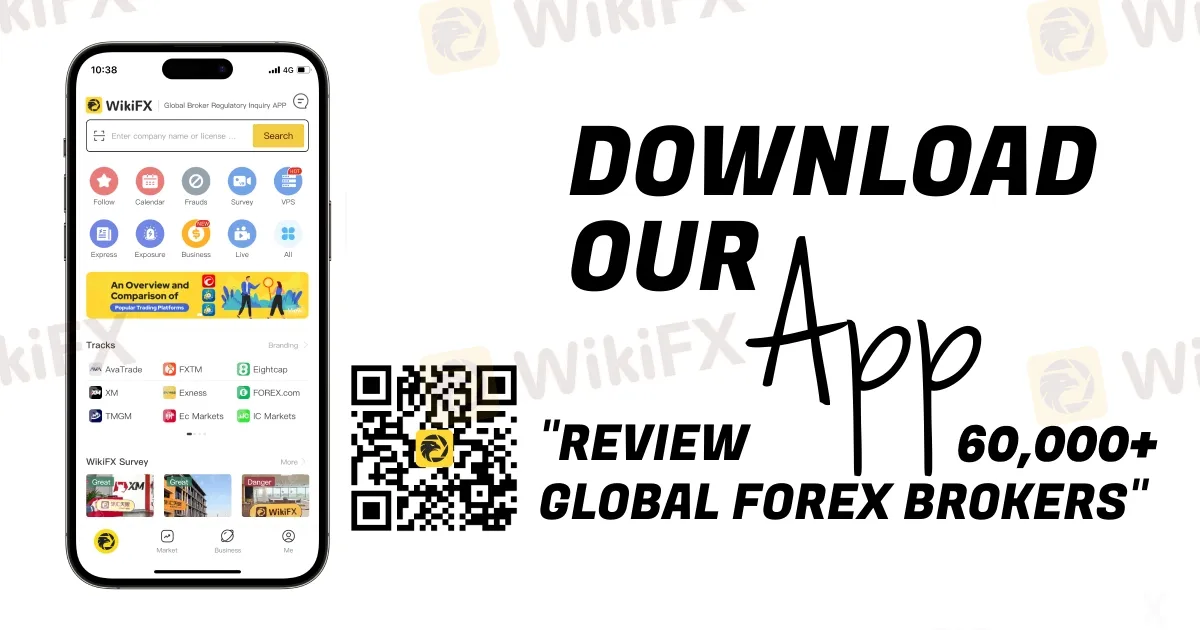
Disclaimer:
The views in this article only represent the author's personal views, and do not constitute investment advice on this platform. This platform does not guarantee the accuracy, completeness and timeliness of the information in the article, and will not be liable for any loss caused by the use of or reliance on the information in the article.
Read more
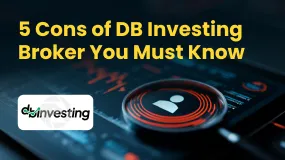
5 Cons of DB Investing Broker You Must Know
It's always advisable to read online review articles about forex brokers you are thinking to Invest your money with. The forex market has become increasingly unsafe due to the rise of fraudulent brokers. Review articles help you spot scam brokers and protect your money. Read this important article about DB Investing to stay fraud alert.
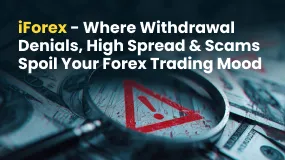
iForex - Where Withdrawal Denials, High Spread & Scams Spoil Your Forex Trading Mood
Are high spreads charged by iForex disallowing you to make profits? Do you feel that you will never be able to withdraw from iForex? It's nothing new! Read this exposure story where we have highlighted complaints from several investors.
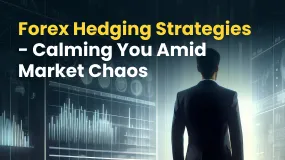
Forex Hedging Strategies - Calming You Amid Market Chaos
Finding it hard to deal with the forex market volatility? Do those ups and downs in currency pair prices make you more nervous or worried? You need the right forex hedging strategies. As a concept, forex hedging is about strategically opening additional positions to stay immune against adverse forex price movements. It’s about offsetting or balancing your current positions by buying or selling financial instruments. As a trader, your risk exposure is reduced, hence limiting your potential losses.
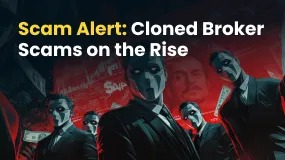
Scam Alert: Cloned Broker Scams on the Rise
Reputed authorities like the FCA have issued warnings against brokers who act genuine but are actually fake brokers. They copy details such as logos, names, branding, and sometimes even employee appearances to trick investors and steal money from them.
WikiFX Broker
Latest News
Forex Hedging Strategies - Calming You Amid Market Chaos
ASIC Regulated Forex Brokers: Why Licensing Still Matters in 2025
LSEG Announces £1 Billion Share Buyback Program
Ultima Markets enters the UK and gains the FCA license
SEC Lawsuit Targets Real Estate Fraud Scheme by Joseph Nantomah
A Beginner’s Guide to Trading Forex During News Releases
What Is Forex Currency Trading? Explained Simply
Key Events This Week: ISM, Trade Balance And More Earnings
Scam Alert: Cloned Broker Scams on the Rise
TradersWay Broker Review 2025: Unregulated Status and Global Warnings You Shouldn’t Ignore
Currency Calculator


